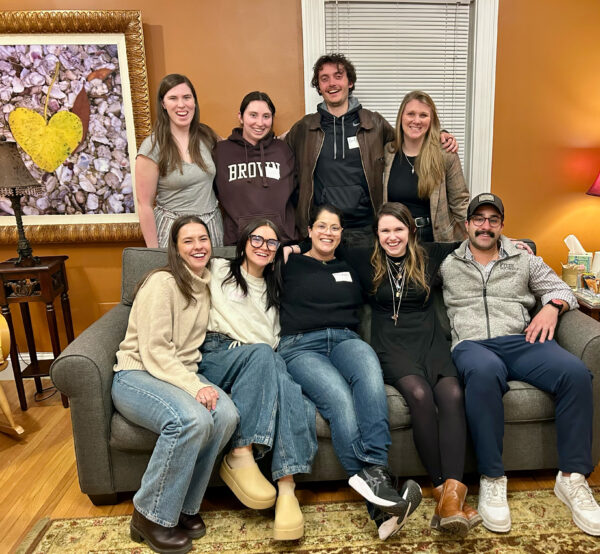When Teens Hear from Those Who’ve Been There
Friendship doesn’t always start with a deep conversation. Sometimes it starts with a shared laugh, a slice
At The Children’s Room, we believe in the power of connection, and sometimes, the most meaningful support comes from someone who’s been in your shoes.
That’s the heart behind our Teen Resiliency Panel, a unique opportunity where current teens have the chance to hear directly from former TCR teens who are now young adults.
Held every program year, the panel invites alumni (former TCR teens now in their twenties or early thirties) to return and speak with current group participants. They reflect on what helped them during their time at TCR and how they’ve continued to navigate grief through major milestones: finishing high school, starting college or work, managing friendships and identity, and continuing to commemorate their person who died throughout their life.
For teens in the room, it’s more than just a talk, it’s a glimpse into what life can look like beyond the hardest days. It’s a chance to see what life might look like down the line and to feel less alone in the process of getting there. For many, it’s the first time they’ve heard someone just a few years older name the very emotions they’ve been carrying.
One teen shared, “It is good to hear about other experiences because I feel less alone and less scared about the future.”
A TCR alumnus reflected on why they came back to share their story: “After 20 years, I’m still processing my grief, but now I can help others, too.”
Resilience, in this context, isn’t about “moving on.” It’s about moving forward and carrying grief in ways that grow and change, and continuing to seek out connection along the way.
According to Caitlin Pilette, Program Coordinator at TCR, “Teens are often thinking about the milestones in front of them—their high school graduation, their first jobs, moving away from home—and they are wondering how that will feel without their person who died.” Caitlin adds, “The Alumni Resiliency Panel allows them to ask questions to people who have been in their shoes and who have also stepped forward. It also allows our panelists an opportunity to reflect on where they are in their grief now. Both groups really get a lot from one another.”
Each year, alumni are invited back not out of obligation, but because they want to give back. They remember what it felt like to be the one listening and now, they want to be the voice that helps someone else feel seen.
Because when teens hear from those who’ve been there, it doesn’t just make the future feel more possible. It reminds them that connection is still within reach and that their story is still unfolding.
To learn more about our peer support groups and programming for teens, visit childrensroom.org/support/teens.




